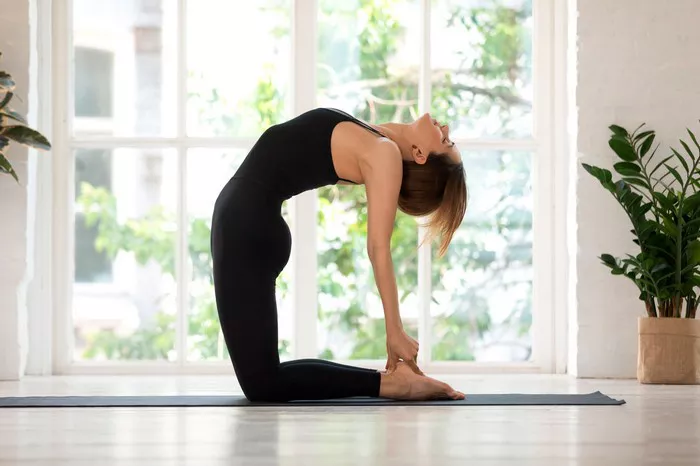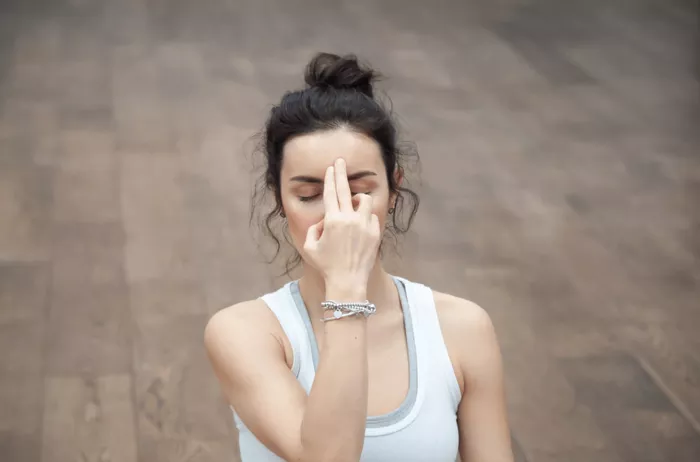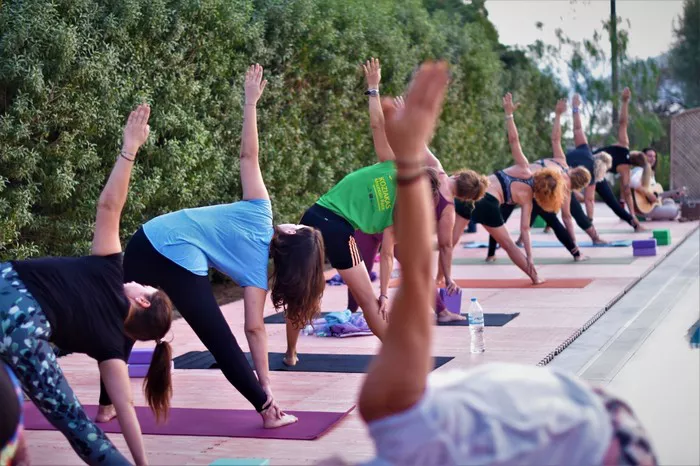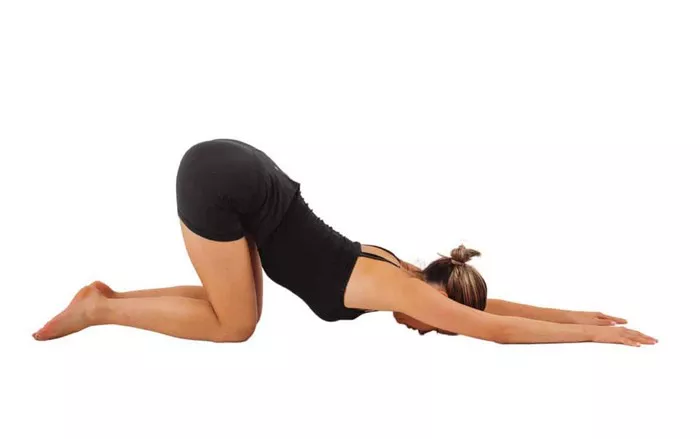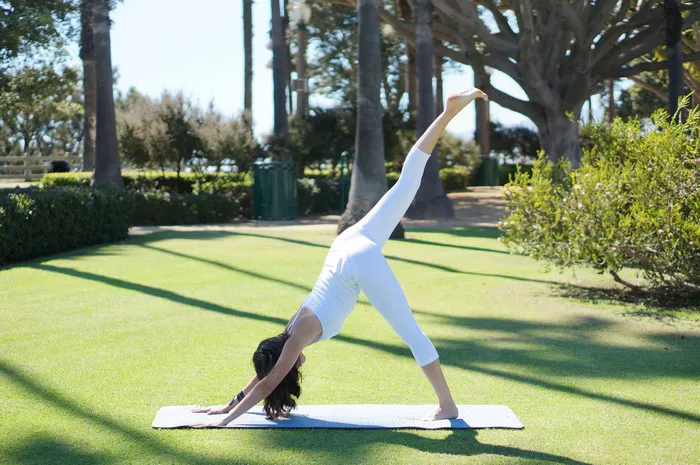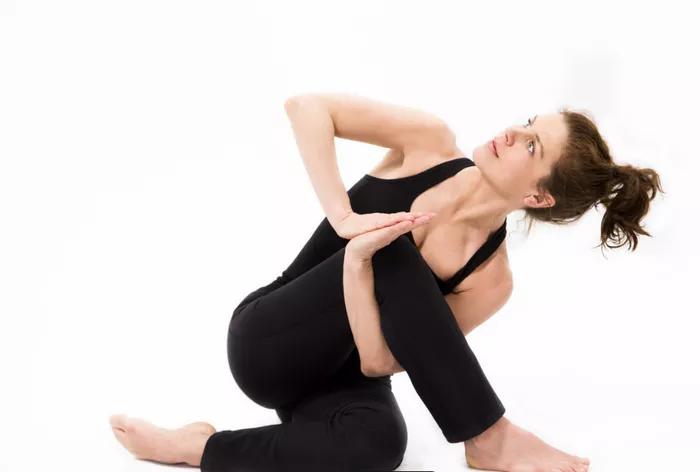Yoga, a practice with roots tracing back thousands of years, is renowned for its holistic benefits for the body, mind, and spirit. Among the many styles of yoga, Yin Yoga has gained significant attention for its gentle, meditative approach. But is Yin Yoga good for mental health? In this article, we will explore the mental health benefits of Yin Yoga, examining how this calming practice affects the mind and contributes to emotional well-being.
What Is Yin Yoga?
Yin Yoga is a slow-paced, passive style of yoga that focuses on holding poses for extended periods, typically between two and five minutes. Unlike dynamic forms of yoga, such as Vinyasa or Ashtanga, Yin Yoga targets the deeper connective tissues—ligaments, tendons, and fascia—rather than the superficial muscles. It also emphasizes stillness and mindfulness, making it as much a mental practice as a physical one.
The hallmark of Yin Yoga is its meditative quality. During each posture, practitioners are encouraged to relax their muscles and let gravity assist in the stretch. This creates space for introspection, self-awareness, and relaxation. It’s this unique combination of physical and mental engagement that makes Yin Yoga particularly effective for mental health.
The Connection Between Yoga and Mental Health
To understand why Yin Yoga might be particularly beneficial for mental health, it’s important to consider the broader relationship between yoga and mental well-being.
Stress Reduction
Yoga is widely recognized as a stress-relieving practice. It activates the parasympathetic nervous system—the “rest and digest” system—counteracting the body’s stress response. By focusing on deep, intentional breathing and mindfulness, yoga helps lower cortisol levels, which are often elevated during periods of stress.
Enhanced Emotional Regulation
Regular yoga practice has been shown to improve emotional regulation by increasing activity in the prefrontal cortex, the part of the brain associated with decision-making and emotional control. This helps individuals respond to stressors more calmly.
Improved Sleep
A consistent yoga practice can improve sleep quality, which is closely tied to mental health. Sleep disturbances often exacerbate conditions such as anxiety and depression. Yoga’s ability to calm the mind and body creates a conducive environment for restful sleep.
Mindfulness and Present-Moment Awareness
Yoga incorporates mindfulness techniques that encourage individuals to focus on the present moment, reducing ruminative thinking—a common feature of anxiety and depression.
How Yin Yoga Specifically Benefits Mental Health
While all yoga styles offer mental health benefits, Yin Yoga is uniquely suited to address emotional well-being due to its focus on stillness, introspection, and long-held poses. Below, we delve into how Yin Yoga impacts mental health.
1. Cultivates Mindfulness and Acceptance
Yin Yoga provides a perfect opportunity to practice mindfulness—a cornerstone of mental health. By holding poses for several minutes, practitioners are encouraged to observe their thoughts, emotions, and bodily sensations without judgment. This process can help:
Increase self-awareness: Recognizing emotional and mental patterns.
Foster acceptance: Learning to sit with discomfort and let go of resistance, both physically and mentally.
Reduce mental chatter: Anchoring attention in the breath and body helps quiet the mind.
This practice of mindfulness and acceptance can be particularly helpful for individuals dealing with anxiety, depression, or chronic stress.
2. Activates the Parasympathetic Nervous System
Yin Yoga’s slow, deliberate pace and focus on relaxation engage the parasympathetic nervous system. This “rest and digest” state counterbalances the fight-or-flight response, helping to:
- Lower heart rate and blood pressure.
- Reduce the physiological symptoms of stress.
- Promote feelings of calm and safety.
The soothing nature of Yin Yoga can be especially beneficial for individuals with high-stress lifestyles or those recovering from trauma.
3. Enhances Emotional Resilience
Holding Yin Yoga poses can bring up physical discomfort or emotional resistance. Learning to sit with these sensations cultivates resilience. Practitioners often find that by embracing stillness and discomfort in a safe environment, they develop the emotional strength to face challenges off the mat.
Emotional release: Yin Yoga can facilitate the release of pent-up emotions stored in the body, leading to a sense of emotional lightness.
Greater tolerance for discomfort: Practicing patience during poses builds the ability to remain composed during stressful situations.
4. Improves Sleep Quality
Many people struggling with mental health challenges also experience sleep disturbances. Yin Yoga, with its calming and restorative nature, prepares the body and mind for restful sleep. Some poses, such as Child’s Pose or Reclined Butterfly Pose, are particularly effective for reducing tension and promoting relaxation before bedtime.
5. Supports Healing from Trauma
Trauma is often stored in the body, manifesting as tension or discomfort. Yin Yoga’s long-held poses provide an opportunity to release this stored trauma gently. Moreover, the emphasis on grounding and safety in Yin Yoga helps create a supportive environment for healing. Trauma-informed Yin Yoga practices are becoming increasingly popular for this reason.
6. Improves Interoception and Body Awareness
Interoception refers to the awareness of internal bodily sensations. Enhanced interoception is linked to better emotional regulation and mental health. Yin Yoga encourages practitioners to tune into their body, noticing subtle shifts in sensation and energy. This practice of “listening inward” fosters a deeper connection between the body and mind.
Yin Yoga Poses for Mental Health
Below are some Yin Yoga poses particularly beneficial for mental health, along with their mental and emotional benefits:
Butterfly Pose (Baddha Konasana)
- Opens the hips and lower back, areas where tension and stress are often stored.
- Promotes relaxation and emotional release.
Child’s Pose (Balasana)
- Provides a comforting, grounding sensation.
- Helps calm the mind and reduce anxiety.
Reclined Twist (Supta Matsyendrasana)
- Stretches the spine and encourages detoxification.
- Soothes the nervous system and alleviates stress.
Sphinx Pose
- Gently opens the chest and stimulates the heart chakra.
- Boosts energy levels and combats feelings of lethargy or depression.
Legs-Up-The-Wall Pose (Viparita Karani)
- Promotes circulation and reduces fatigue.
- Offers a deeply restorative effect, calming the mind.
Integrating Yin Yoga into Your Mental Health Routine
To maximize the mental health benefits of Yin Yoga, consider the following tips:
Consistency is Key
Aim to practice Yin Yoga two to three times per week, even if for just 20–30 minutes. Regular practice builds long-term resilience and emotional balance.
Create a Safe, Comfortable Space
Yin Yoga is best practiced in a quiet, clutter-free environment. Using props like bolsters, blocks, or blankets can make poses more comfortable and accessible.
Incorporate Breathwork
Pairing Yin Yoga with deep, diaphragmatic breathing enhances relaxation and calms the nervous system. Techniques like box breathing or alternate nostril breathing can complement the practice.
Seek Guidance if Needed
If you’re new to Yin Yoga, attending classes led by experienced instructors can ensure proper alignment and provide a sense of community.
Journal Your Experience
After your Yin Yoga practice, take a few minutes to reflect on any thoughts or emotions that arose. Journaling can deepen self-awareness and help process emotions.
Yin Yoga and Mental Health: Scientific Evidence
Scientific studies further validate the mental health benefits of Yin Yoga. For instance:
Anxiety and Stress Reduction: Research indicates that yoga, including Yin Yoga, significantly reduces anxiety and stress levels by lowering cortisol and enhancing parasympathetic activity.
Improved Mood: A 2020 study published in the Journal of Alternative and Complementary Medicine found that slow, meditative yoga practices improve mood and decrease symptoms of depression.
Mindfulness and Resilience: Yin Yoga’s emphasis on mindfulness has been shown to enhance psychological resilience and decrease ruminative thinking, which is often linked to mental health conditions.
Conclusion
Yin Yoga is more than just a physical practice—it is a gateway to mental clarity, emotional balance, and inner peace. By fostering mindfulness, activating the body’s relaxation response, and creating space for emotional release, Yin Yoga offers profound benefits for mental health. Whether you are seeking relief from stress, better emotional regulation, or a deeper sense of connection with yourself, Yin Yoga can be a valuable tool in your mental health toolkit.
If you’re curious about Yin Yoga, there’s no better time to start. All it requires is a quiet space, a willingness to slow down, and an open heart. Over time, you may find that the stillness and mindfulness cultivated on the mat ripple out into every aspect of your life, fostering greater mental well-being and resilience.
Related Topics:




